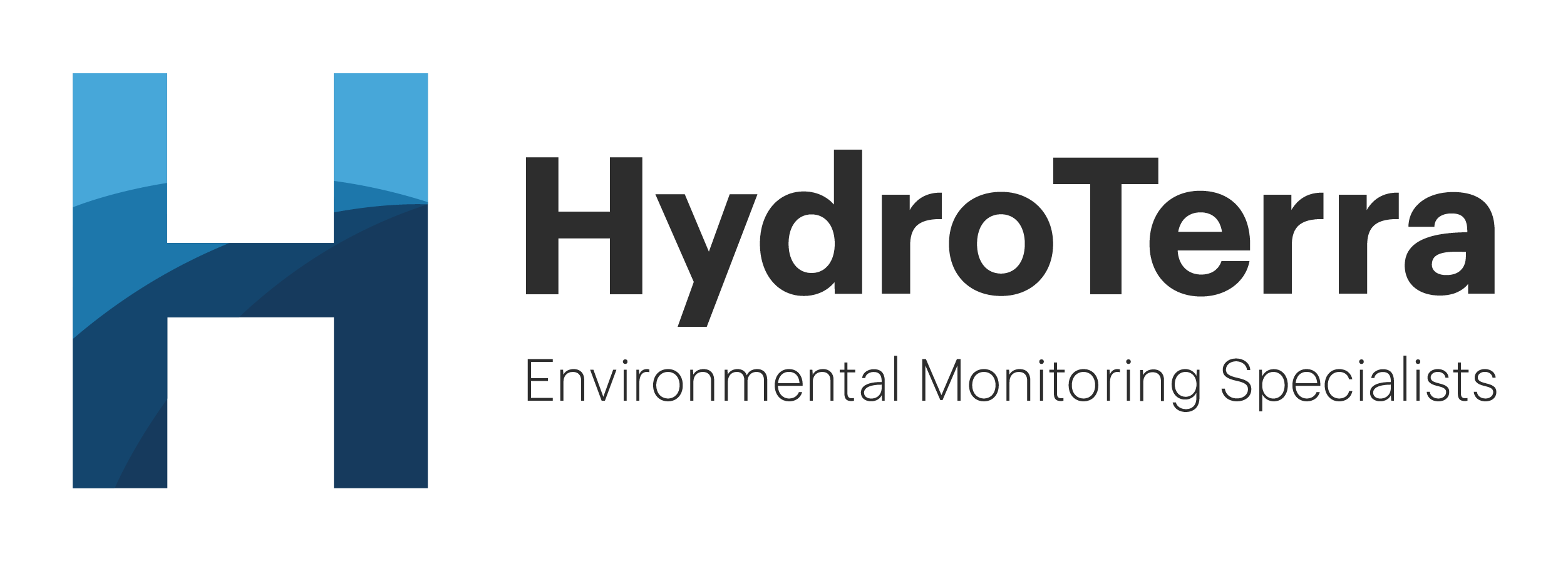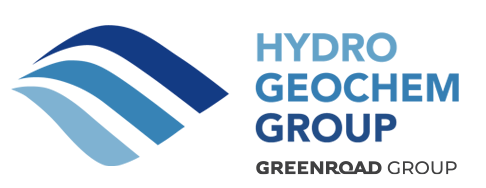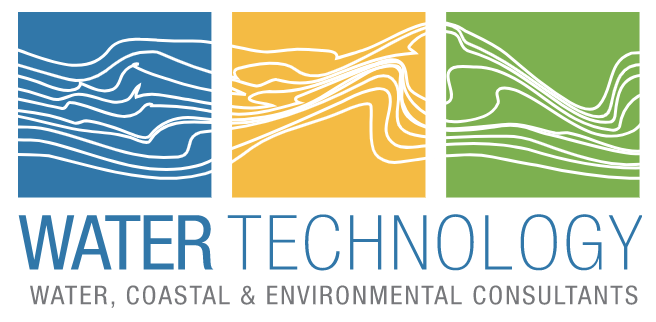IAH QLD annual general meeting 2023 and May tech talk
The annual general meeting and tech talk will be carried out the 29th of May. The AGM is planned between 5:15 and 5:30 pm, with the tech talk between 5:30 and 6:30 pm. We expect this to be a great event so catering will be amazing – make sure you don’t miss it!
Where: QUT, S block, level 12, “Owen J Wordsworth” room
(Details for online attendance to be announced later)
When: Monday 29/05/2023, starting 5:15pm
Please RSVP: https://lnkd.in/gtJhf6yd
AGM
The agenda includes a budget update, sponsorships, election of the 2023 Committee, and activities for the upcoming year.
Any active IAH QLD member, if seconded by another member, is eligible for positions in the committee. If you would like to nominate yourself, please get in touch with any of the current committee members.
TECH TALK
“Salinisation of drinking water ponds in coastal Bangladesh linked to tropical cyclones and climate change”
by Dr Adrian Butler
Abstract:
Surface and groundwater salinity along the Asian coast is contributing to health problems, such as hypertension, particularly in populated reclaimed lands. Cyclonic storm-surges onto low-lying areas are the primary cause of saline contamination of drinking water ponds, a key water resource for impoverished communities. Using high-resolution measurements of pond hydrology and numerical modelling, it is shown how episodic inundation events cause the widespread salinisation of surface water and groundwater in coastal areas. Sudden salt influxes in ponds cause saltwater build-up in underlying sediments and can become a continuing source of salinisation. Therefore, effective polder management strategies are vital to reduce impacts from storm surges, which are likely to increase under climate change. Immediate clean-up of drinking water ponds following surge events can significantly reduce salinisation of local water supplies and subsequent health impacts. This has important implications for coastal land-use and water resource management in tropical deltas.
Bio:
Dr Adrian Butler is Professor of Subsurface Hydrology in the Department of Civil and Environmental Engineering at Imperial College London. His teaching responsibilities are lecturing on subsurface flow and contaminant transport to both undergraduate and masters degree students. His research is primarily associated with measuring, analysing and modelling subsurface flow and transport processes and their associated environmental impact. He has spent a large part of his career investigating the behaviour of chloride in the environment including investigating the movement of 36Cl associated with radioactive waste disposal, chloride migration from landfill and more recently saline intrusion processes in both the UK and Bangladesh.

























